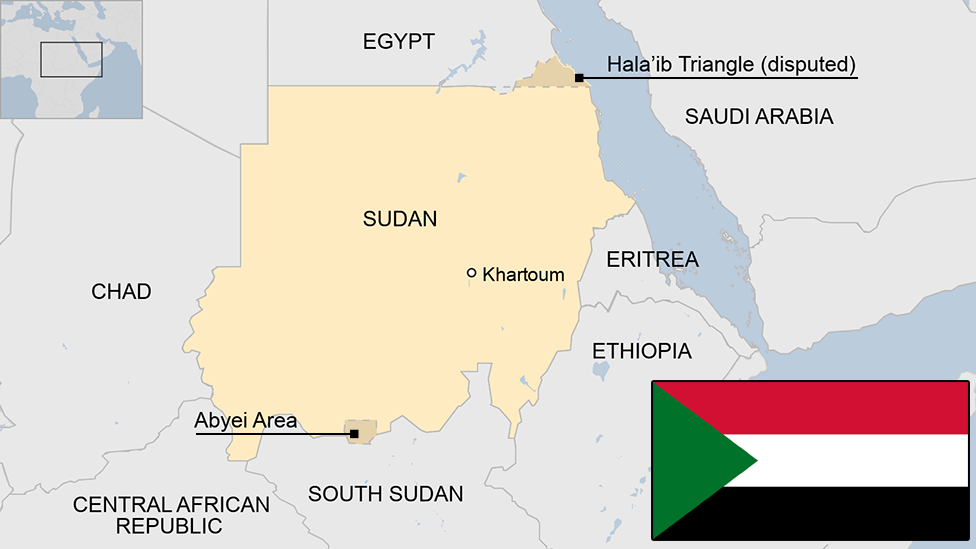Sudan is a country located in northeastern Africa. It is the third-largest country on the continent and has a diverse landscape that includes deserts, mountains, and the Nile River, which is a significant waterway for the nation.
The capital of Sudan is Khartoum, where the Blue Nile and White Nile rivers meet. The country has a rich history that dates back to ancient civilizations, such as the Kingdom of Kush, which thrived along the Nile Valley.
Sudan gained independence from British and Egyptian colonization in 1956. Throughout its history, the country has faced various political and social challenges, including conflicts, civil wars, and economic difficulties.
One of the major issues in Sudan’s recent history was the Darfur conflict, which attracted international attention due to its humanitarian impact. In 2019, a series of pro-democracy protests led to the overthrow of President Omar al-Bashir, who had been in power for three decades.
Sudan’s culture is diverse, influenced by the various ethnic groups living within its borders. Arabic is the official language, and Islam is the predominant religion.
The country’s economy relies on agriculture, with crops such as sorghum, millet, and wheat being essential staples. Sudan is also known for its oil reserves, which contribute to its export earnings.
Despite its challenges, Sudan has made efforts towards stability and democratization. The transition towards civilian rule and addressing longstanding issues remains a priority for the nation’s development and prosperity.



















Add Comment